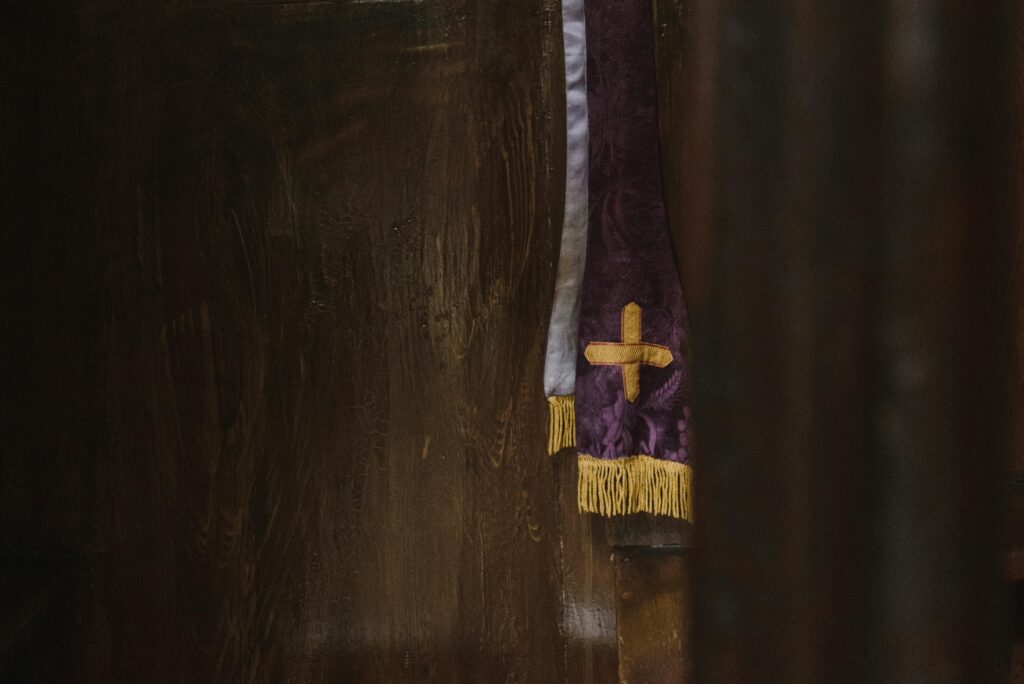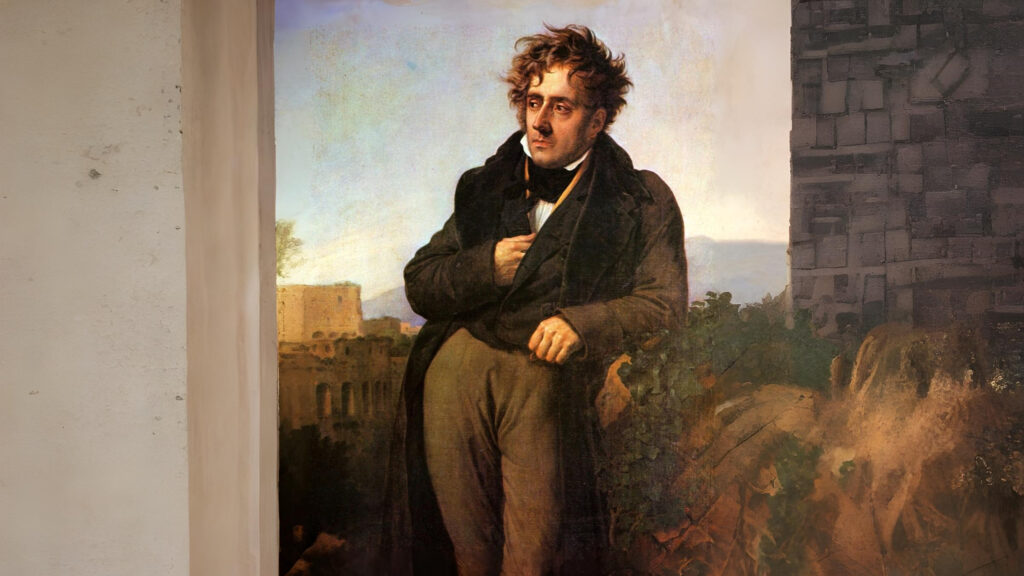Cardinal Arizmendi: Synod and Clericalism
Help us not only with your prayer but also with your advice, with your fraternal correction

Cardinal Felipe Arizmendi, bishop emeritus of San Cristóbal de Las Casas and responsible for the Doctrine of the Faith in the Mexican Episcopal Conference (CEM), offers the readers of Exaudi his weekly article entitled “Synod and clericalism”.
***
WATCH
Pope Francis often denounces clericalism, which is the attitude of us clerics (deacons, priests and bishops), when we are authoritarian, when we monopolise pastoral ministry, when we decide without listening to the community, when we take refuge in an overbearing authority. The first time I heard him speak about this was during his visit to Colombia (September 2017), at a meeting of CELAM, whose structure I was part of as the person responsible for pastoral work with indigenous peoples. He told us: “It is imperative to overcome the clericalism that infantilises the Christian lay faithful and impoverishes the identity of ordained ministers”.
This danger, which is very real, has encouraged some to blame us clerics for why the Church does not fulfil its identity and mission well, as if we were solely responsible. For example, in a virtual group meeting I participated in during the Latin American Ecclesial Assembly, promoted by CELAM in November 2021, the 15 participants from various countries were ranting against clerics. The moment came when I said to them: “No more priests, if they do so much damage to the Church”. They reacted and qualified their position, recognising that not all clerics are the same.
During the recent first assembly of the Synod of Synodality, the issue was addressed, but with important clarifications. What was said?
DISCERN
Convergences on which all agreed:
Priests are the principal co-operators of the bishop and form with him a single presbyterate (cf. LG 28); deacons, ordained to the ministry, serve the People of God in the diakonia of the Word, of the liturgy, but above all charity (cf. LG 29). To them, the Synodal Assembly expresses, in the first place, a profound gratitude. Aware that they may experience loneliness and isolation, it commends Christian communities to support them in prayer, friendship and collaboration.
Deacons and priests are engaged in the most diverse forms of pastoral ministry: service in parishes, evangelisation, outreach to the poor and marginalised, involvement in the world of culture and education, mission ‘ad gentes’, theological research, animation of centres of spirituality and many others. In a synodal Church, ordained ministers are called to live their service to the People of God in an attitude of closeness to people, of welcoming and listening to all, and to cultivate a deep personal spirituality and a life of prayer. Above all, they are called to rethink the exercise of authority following the model of Jesus who, “though he was in the form of God, […] emptied himself, taking the form of a servant” (Phil 2, 6-7). The Assembly recognises that many priests and deacons make visible by their self-giving the face of Christ the Good Shepherd and Servant.
An obstacle to ministry and mission is clericalism. It stems from a misunderstanding of the divine call, which leads to seeing it more as a privilege than a service, and manifests itself in a worldly style of power that refuses to be accountable. This deformation of the priesthood must be combated from the earliest stages of formation, through living contact with the daily life of the People of God and a concrete experience of service to those most in need. It is impossible to imagine the ministry of the priest today if it is not in relationship with the bishop, in the presbytery, in deep communion with other ministries and charisms. Unfortunately, clericalism is an attitude that can manifest itself not only in ministers but also in the laity.
Awareness of one’s own abilities and limitations is a prerequisite for exercising the ordained ministry in a style of co-responsibility. For this reason, human formation must guarantee a path of realistic self-knowledge, integrated with cultural, spiritual and apostolic growth. In this journey, the contribution of the family of origin and of the Christian community, in whose midst the young man has matured his vocation, and of other families who accompany his growth, should not be underestimated.
Many women expressed their deep gratitude for the work of priests and bishops, but also spoke of a Church that hurts. Clericalism, machismo and the misuse of authority continue to mark the face of the Church and damage communion. A deep spiritual conversion is needed as a basis for any structural change. Sexual, power and economic abuses continue to demand justice, healing and reconciliation. We ask how the Church can become a space capable of protecting all.
Issues that need to be addressed and analysed:
“In the perspective of the formation of all the baptised for a synodal Church, that of deacons and presbyters requires special attention. The request has been widely expressed that seminaries or other training courses for candidates for ministry should be linked to the daily life of the communities. The risks of formalism and ideology, which lead to authoritarian attitudes and prevent real vocational growth, must be avoided. Rethinking the styles and paths of formation requires a wide-ranging review and debate.”
Proposals:
“An in-depth revision of formation for ordained ministry in the light of the perspective of the missionary synodal Church is needed. This implies the revision of the ‘Ratio fundamentalis’ which determines its profile. At the same time, we recommend the ongoing formation of priests and deacons in a synodal sense.
The dimension of transparency and the culture of accountability are of crucial importance in order to advance in the building of a synodal Church. We call on the local Churches to identify processes and structures that allow for regular auditing of how priests and deacons in positions of responsibility exercise their ministry. Existing institutions, such as participatory bodies or pastoral visitations, can be the starting point for this work, taking care to involve the community”.
ACT
Clerics, let us review whether we exercise our authority, because we have it, in the style of Jesus, who sometimes corrects and reprimands, but whose approach to people with kindness and understanding stands out, and makes the apostles and the other disciples, not excluding women, share in his mission. Sisters and other lay people, when they see us as authoritarian and distant, help us not only with your prayer, but also with your advice, with your fraternal correction.
Related

The Enigma of Suicide That Guilt Seeks to Explain
Alfons Gea
11 July, 2025
7 min

I’m not E.T.
Rosa Montenegro
10 July, 2025
4 min

Chateaubriand: Genius and Figure Until the Grave
Francisco Bobadilla
09 July, 2025
3 min

The competitive advantage every manager needs to understand: that human beings are paradoxical
Alejandro Fontana
09 July, 2025
6 min
 (EN)
(EN)
 (ES)
(ES)
 (IT)
(IT)

